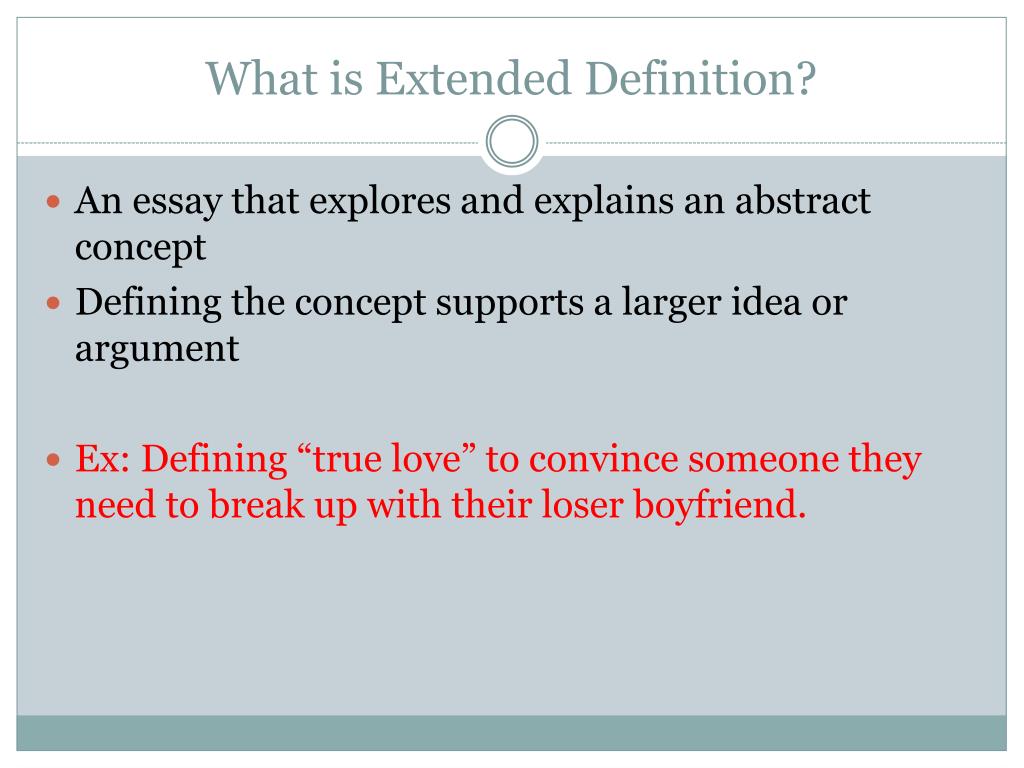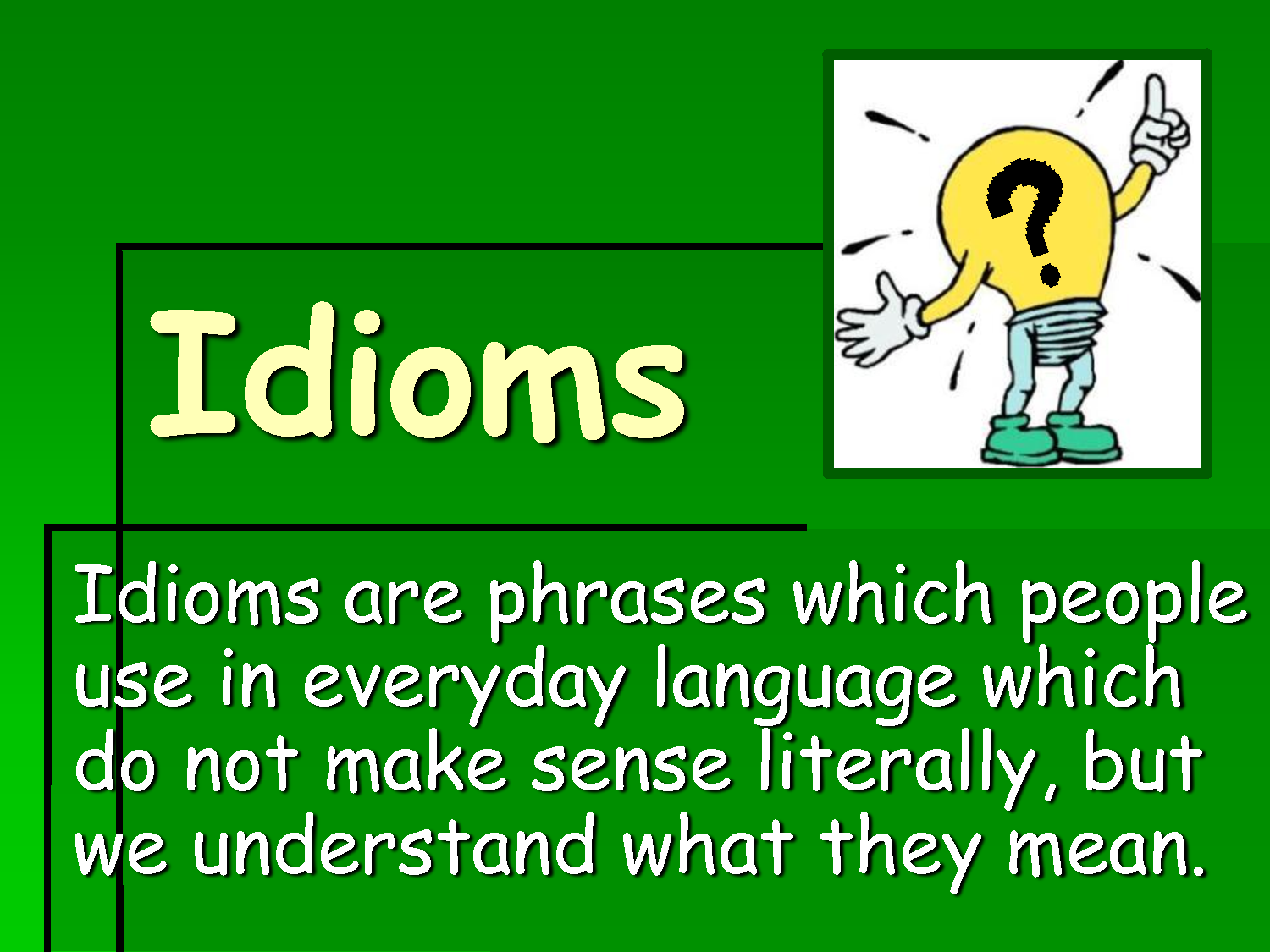
This new study from the National Association of Colleges and Employers (NACE).

The World Health Organization is about to embark on the development of evidence-based guidelines on mental well-being in the workplace. NEW Recruiting for Equity at HBCUs and Beyond: Current Practices and Pitfalls. increased mental distance from one’s job, or feelings of negativism or cynicism related to one's job andīurn-out refers specifically to phenomena in the occupational context and should not be applied to describe experiences in other areas of life.”īurn-out was also included in ICD-10, in the same category as in ICD-11, but the definition is now more detailed.feelings of energy depletion or exhaustion.

“Burn-out is a syndrome conceptualized as resulting from chronic workplace stress that has not been successfully managed. It is described in the chapter: ‘Factors influencing health status or contact with health services’ – which includes reasons for which people contact health services but that are not classed as illnesses or health conditions.īurn-out is defined in ICD-11 as follows: It is not classified as a medical condition. Burn-out is included in the 11th Revision of the International Classification of Diseases (ICD-11) as an occupational phenomenon.


 0 kommentar(er)
0 kommentar(er)
